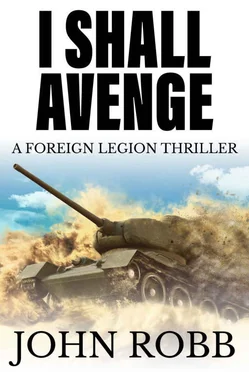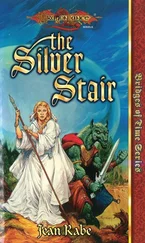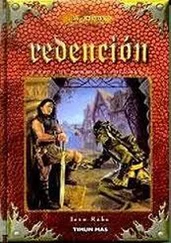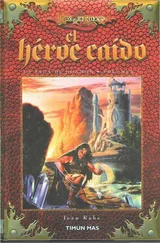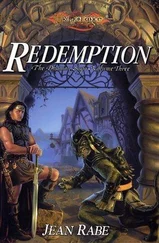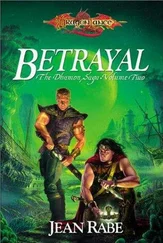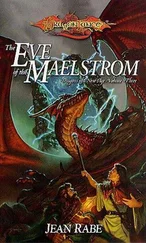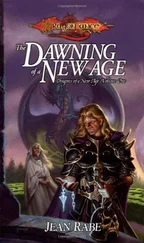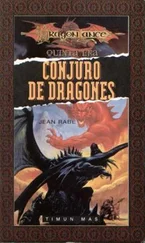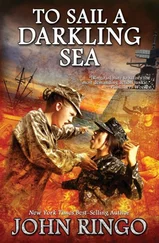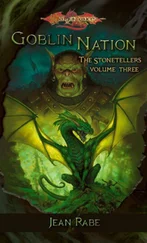The blade emerged from beneath his ripped sleeve as he started to roll the Arab’s wrist in an outward direction. Normally, the result would have been instantaneous. The knife would have fallen from an agonised hand. But these circumstances were far from normal. Both Rex’s hand and the Arab’s wrist were covered with greasy sweat. It made a firm grip impossible. Before full pressure could be exerted, the Arab pulled and broke free.
And in the same second he made another plunge with the knife.
Rex felt a sharp concentration of pressure over the pit of his stomach. He heard something, too. A harsh, cracking sound.
He saw the weapon. It seemed to be sticking horizontally out of his body. But he was aware of no pain. And fantastically, the knife suddenly fell to the ground.
He realised what had happened. His belt buckle had served as a shield. The blade had been driven against the metal and slipped slightly so that only the extreme point had penetrated a little of the thick black leather. The abruptly arrested impetus had torn it out of the Arab’s grasp.
The odds were now even, for neither of them was armed.
Rex switched his attack. He lunged out for the Arab’s throat. He got one hand round it, but the Arab twisted away before the tendons could flex.
They watched each other, both breathing heavily. On the Arab’s brown face there was now an expression of desperate intensity. He did not like being forced to duel without a weapon. But he was no coward. And he blended agility with cunning.
This was shown when he half turned, as though to retreat into the midst of the mob. Rex made a rush at him. It was another mistake, for the Arab wheeled round and kicked upwards with his sandalled feet. The kick was directed at the base of the belly. Rex managed to twist slightly, and the impact was taken on his thigh. There was a brief flash of pain, which was forgotten when he saw that the Arab had fallen on his back—knocked there by the force of his own kick.
A clear two yards now separated them, but Rex covered the distance with a single downward leap. The Arab tried to squirm away, but Rex landed knees first on his chest. He smelled the man’s fetid breath, felt his body tremble under the anticipation of death. But the Arab made one last effort. His fingers, each as straight as an arrow, darted for Rex’s eyes. Rex jerked his head aside and felt long, sharp nails scratch his cheeks. Nails that would have gouged out his eyeballs.
The end came with a strange abruptness. Rex knew in a vague way that he had at last got a secure grip on that brown throat. He knew that both his thumbs were pressing on the windpipe. He knew that the whimpering sounds had ceased. But he was surprised to realise that he was attempting to strangle an already dead man. A man whose jaw lay slack and whose head lolled about with the uncontrolled movements of a rag doll. Rex was not the first person to be surprised at the speed with which a man can die when the windpipe is constricted.
He felt weak as he staggered to his feet. Not the weakness arising out of physical effort alone, but also because of emotional strain.
Throughout the duel, there had been hope at the back of his mind. Hope that before it was over help would come from the barracks. But there was no sign of help.
He looked round him.
The mob was closing in on him. Silently. But with ghastly and inevitable purpose. They were going to tear him apart. Literally. When they had finished with him, his limbs would be wrenched from his body.
Resistance? It was useless. Futile. Like trying to resist the course of the stars or the movements of the tides.
Yet, because there is something basically illogical about man, Rex looked swiftly about for his discarded bayonet. It was not to be seen. Either it was concealed among those countless feet, or it had been picked up as a trophy.
He wondered about Pete. The last time he had seen Pete was when the Englishman had been moving towards Monclaire. Rex looked over the sea of turbaned heads.
Suddenly, in the distance, those heads seemed to coalesce and then divide. A roar went up from them. A roar of helpless anger. It spread and was taken up by the Arabs near to Rex.
A bugle sounded. The notes were thin and indescribably lovely. It was a legion bugle. And he saw the kepis . Blue and white Legion kepis . Hundreds of them, driving like a spear through the mob.
And already the Arabs were retreating along the Rue St. Jean. It began slowly, reluctantly. But within a minute they were running.
They pushed against him. They almost knocked him down. But he was scarcely aware of the fact. He knew only relief mixed with anxiety. The relief was personal and natural. The anxiety was for the rest of the section—particularly Pete. And Monclaire, too. For, although a wide military gulf divided them, Rex shared a general, feeling of respect for his company officer.
When the street was clear, he saw them. Saw all of them. They were battered. Their uniforms were torn. Most of them had lost their rifles. But they were alive and not greatly harmed.
Pete reached him first. His usually immaculate fair hair was flopping over his forehead. His face was bruised. But he was smiling. And there was something ineffably comforting in that clipped and cultured English voice. That cynically imperturbable voice which said after he had glanced at the strangled Arab: “I say, old man, have you been quarrelhng again?”
In spite of his exhaustion, Rex grinned.
“Yep. That guy and me just didn’t get along so well together… Say, where’s Annice?”
“We’ve lost her. She broke away from Monclaire. I tried to help him, but that damned mob stopped me getting anywhere near. I doubt if we’ll ever find her now.”
* * *
Major Baya, the staff adjutant, had brought out the relief column, which comprised the whole duty company. For him it had been a most satisfactory morning. Monclaire (of whom he was intensely jealous) had caused a riot in the middle of Sadazi. And he, Baya, had retrieved the situation…
There was going to be a lot of eyebrow-raising when a report of this reached the staff at Algiers. That drunken fool Jeux would be finished. And Monclaire would certainly face a stringent inquiry. Already, Baya could see himself as the new Colonel Commandant at Dini Sadazi.
Monclaire formed his section at the rear of the column for the short return march to barracks. Then he strode up to the front and saluted Baya.
Major Baya returned the salute slowly—expressing calculated contempt. Monclaire said evenly: “Is every man returning to barracks?”
“ Oui . The mob is dispersed, is it not? You have nothing more to fear, capitaine .”
Monclaire coloured slightly.
"The trouble is by no means over, major. Unless the streets are patrolled we may have new riots."
Major Baya smiled thinly.
“I will put the point to the colonel.”
“Surely it would be better to make arrangements immediately.”
“You concern yourself too much, capitaine . You must forgive me if I no longer have complete faith in your judgment of these matters.”
Monclaire shrugged his shoulders. His face was dark with fury as he returned to his section.
But Baya was well pleased. He was no fool, was Baya. He knew well enough that Monclaire’s advice was good. But, he told himself, a little more trouble in Sadazi would make doubly sure that Major Baya was soon gazetted Colonel Baya…
And, as they approached the barracks, those words of Monclaire’s were more than confirmed.
Sullen crowds of Arabs watched them.
There was a sound of hissing. Once, a stone was thrown, hitting a legionnaire on the shoulder. The atmosphere was poisoned with hate.
Читать дальше
